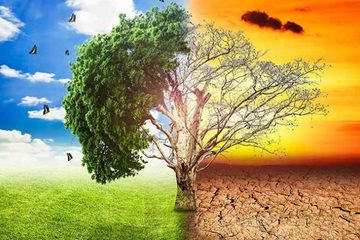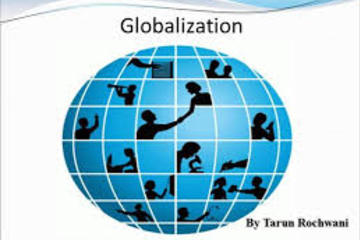We found 16 results that contain "global"
Posted on: #iteachmsu

Navigating Context
Global Warming (Globalization)
Posted by:
Chathuri Super admin..

Posted on: #iteachmsu

Navigating Context
The economic impact of COVID-19
Posted by:
Chathuri Hewapathirana

Posted on: #iteachmsu

Assessing Learning
Globalization
Posted by:
Rupali Jagtap

Posted on: #iteachmsu

Navigating Context
Connecting Knowledge to Action through Global Education Competency
Posted by:
Chathuri Super admin..

Posted on 1: #iteachmsu

Connecting Knowledge to Action through Global Education Competency
NAVIGATING CONTEXT
Posted by:
Chathuri Super admin..

Posted on: #iteachmsu

Mapping the global threat of land subsidence
Posted by:
Chathuri Super admin..

Posted on 1: #iteachmsu

Mapping the global threat of land subsidence
Posted by:
Chathuri Super admin..

Posted on: #iteachmsu

Mapping the global threat of land subsidence
Posted by:
Chathuri Super admin..

Posted on 1: #iteachmsu

Mapping the global threat of land subsidence
Posted by:
Chathuri Super admin..

Posted on: #iteachmsu

Language Recognizer
Posted by:
Rupali Jagtap

Posted on 1: #iteachmsu

Language Recognizer
Posted by:
Rupali Jagtap

Posted on: #iteachmsu

Playlist -- Management skills
Authored by:
Vijayalaxmi Mhetre

Posted on 1: #iteachmsu

Playlist -- Management skills
Authored by:
Vijayalaxmi Mhetre

